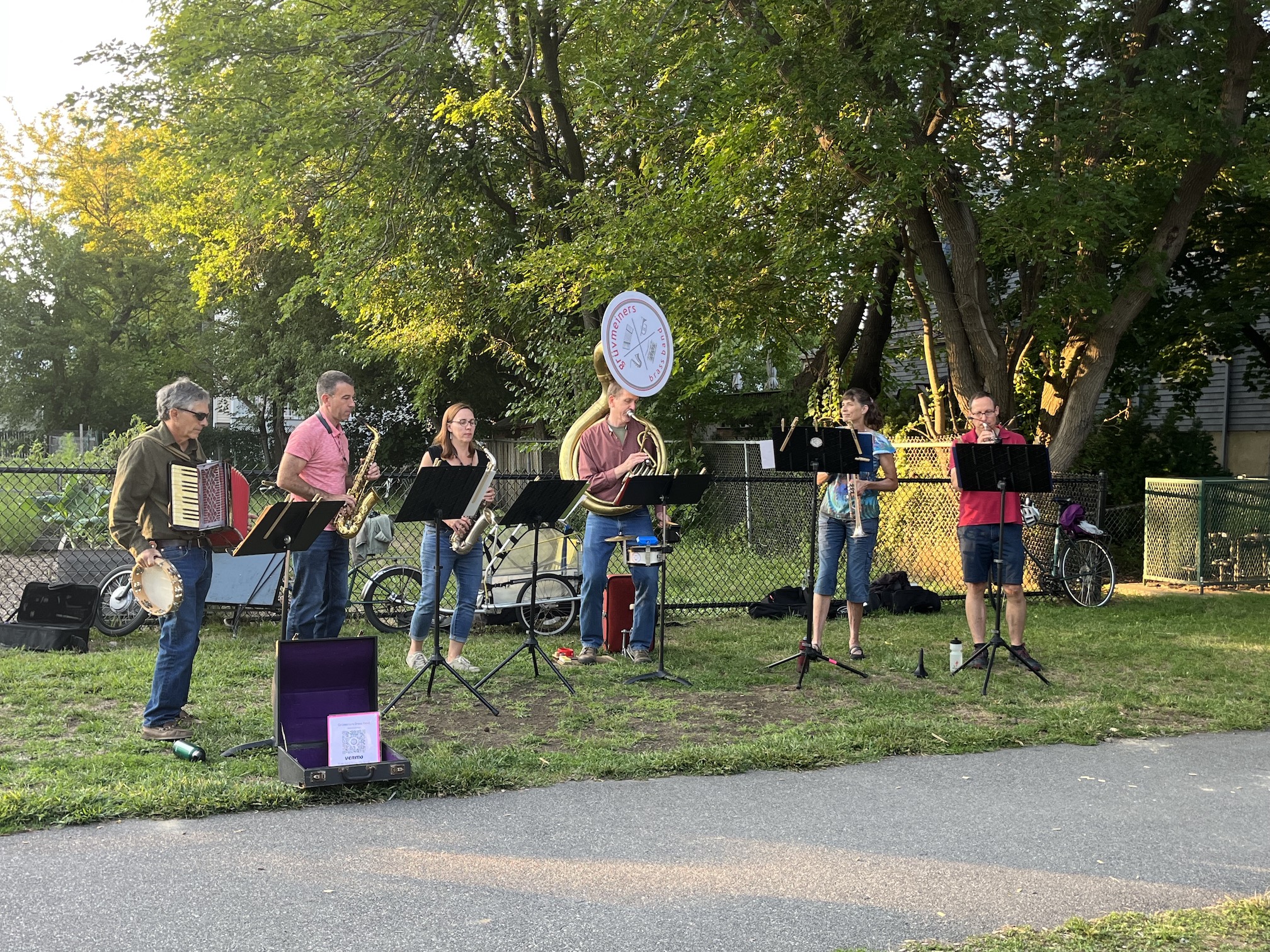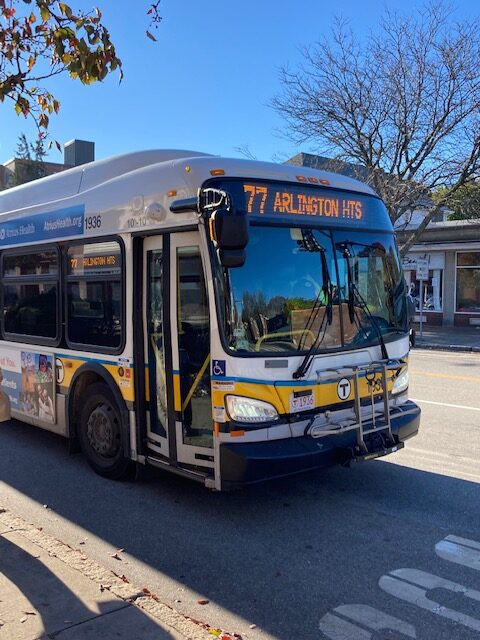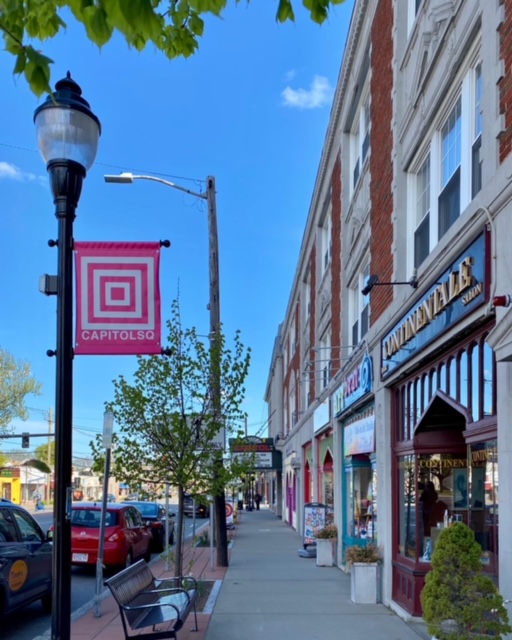
We all need a place to live. We all need shelter. A functioning and responsive housing market should provide adequate amounts of housing at prices people can afford. Instead, we see a market in which demand vastly outpaces supply, with costs that burden people at all income levels.
Zoning rules might seem like an obscure corner of local government, but they determine who can live here and what type of community we can be. In Arlington, we value openness and diversity, a greener future, and vibrant neighborhoods and downtowns—but our current zoning is holding us back. We’re pushing for change to help our town live up to its values.
For a more inclusive town…
Arlington is a wonderful community, with good schools and close proximity to Boston and other job centers, and there is more and more demand to live here. But our current zoning severely limits the creation of housing. In most of Arlington, the only development permitted is single-family houses; elsewhere in town, development is highly regulated. As a result of this rising demand and limited supply, prices have spiraled. By the middle of 2021, the median price of a single-family home sold in Arlington was close to $1 million; the median condo sold for over $700,000. These sums are out of reach for young people starting out in life, for those living on modest incomes, and for older people downsizing. Unless we reform our zoning, these trends will only get worse.
Restrictive zoning has also historically excluded Black and Brown people from suburban communities. We cannot undo the past, but we can choose how to respond to it: we can either end these exclusionary practices, or we can do nothing and maintain the segregated society they have created. By creating more affordable housing and adopting more flexible zoning laws, we can build a more diverse and inclusive Arlington.

For greener development…
Arlington has pledged to reach net zero carbon emissions by 2050. Buildings with shared walls or floors, like townhouses, triple-deckers and small apartment buildings, conserve energy. Compact neighborhoods make it easier for people to access daily activities without a car, reducing carbon emissions. In Arlington, these kinds of development are prohibited or heavily regulated, but allowing them would bring our zoning into harmony with our environmental goals.
If we don’t allow more multi-family development in Arlington, we’re also contributing to urban sprawl. The people who are priced out of Arlington and other inner suburbs have to live somewhere, and that often means development on the outskirts of Greater Boston that destroys forests, open space, and farmland and that leads to long, high-carbon commutes. In Arlington we have good access to public transit, which is essential in the transition to a greener region, but our current zoning limits who can use these services by limiting development near the MBTA bus lines.

For vibrant, walkable neighborhoods…
Many parts of Arlington were developed during a time when people walked everywhere, supplemented by streetcars. Few of us could manage without a car today, but having stores and public transit within walking distance provides options for those who cannot drive or who would like to drive less. Minimum lot sizes, restrictions on multi-family construction, and parking requirements limit the development of walkable neighborhoods. All of these rules are within our power to change.
A more walkable town would also be a more vibrant town. We all want stores and restaurants to thrive, but these businesses need customers close by, especially in an era of big-box stores and online shopping. Our current zoning discourages compact development and results in fewer customers for our local businesses.

Arlington can lead on this issue…
Our local actions have effects that go beyond our borders. Arlington has recognized our power to make an impact and has been a regional leader on many issues: by implementing the local energy option Arlington Community Electricity; as early adopters of inclusionary zoning; as one of ten communities piloting a fossil fuel ban; and as one of the first communities to participate in METCO, the Metropolitan Council for Educational Opportunity. We are also among the highest-scoring communities in the Human Rights Campaign’s Municipal Equality Index. We can channel this same energy and these values to take the lead on zoning reform and affordable housing. To succeed, we need engaged residents who understand the issues, who can balance competing interests, and who are willing to do the necessary hard work. Please join us in building an Equitable Arlington!